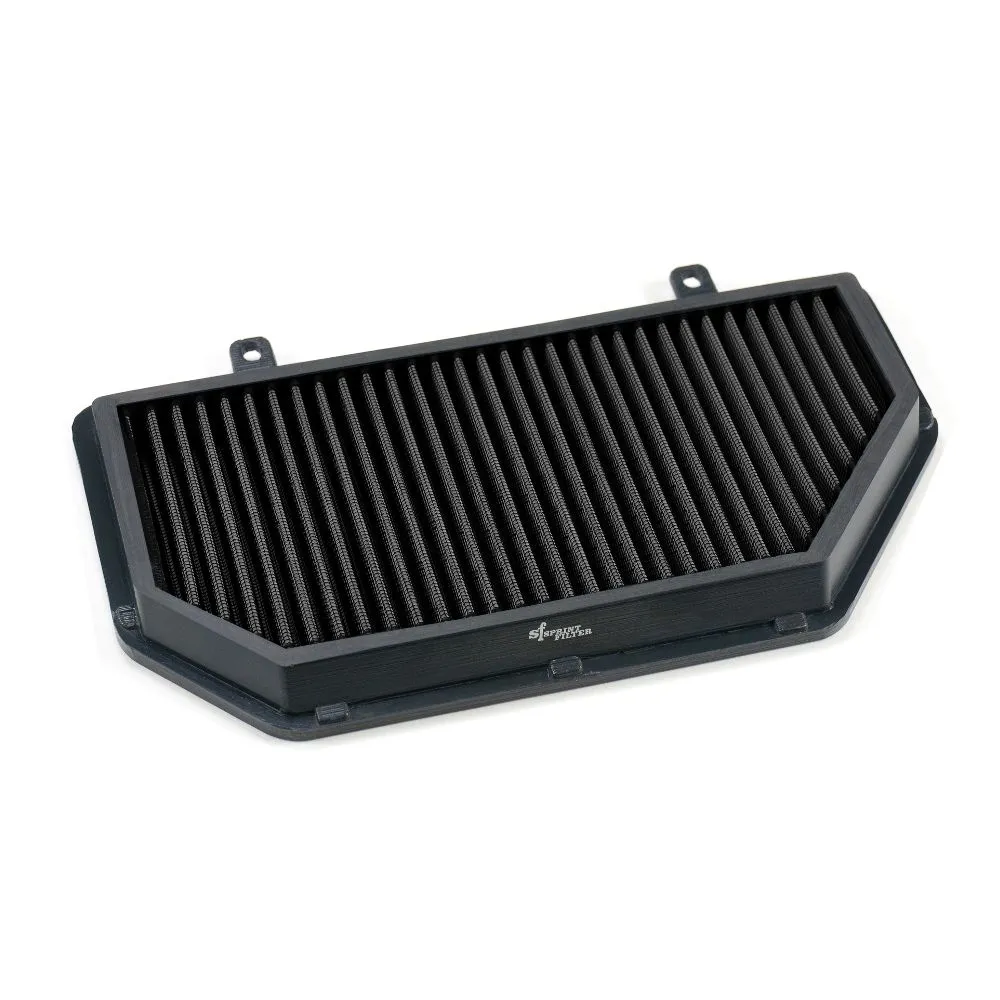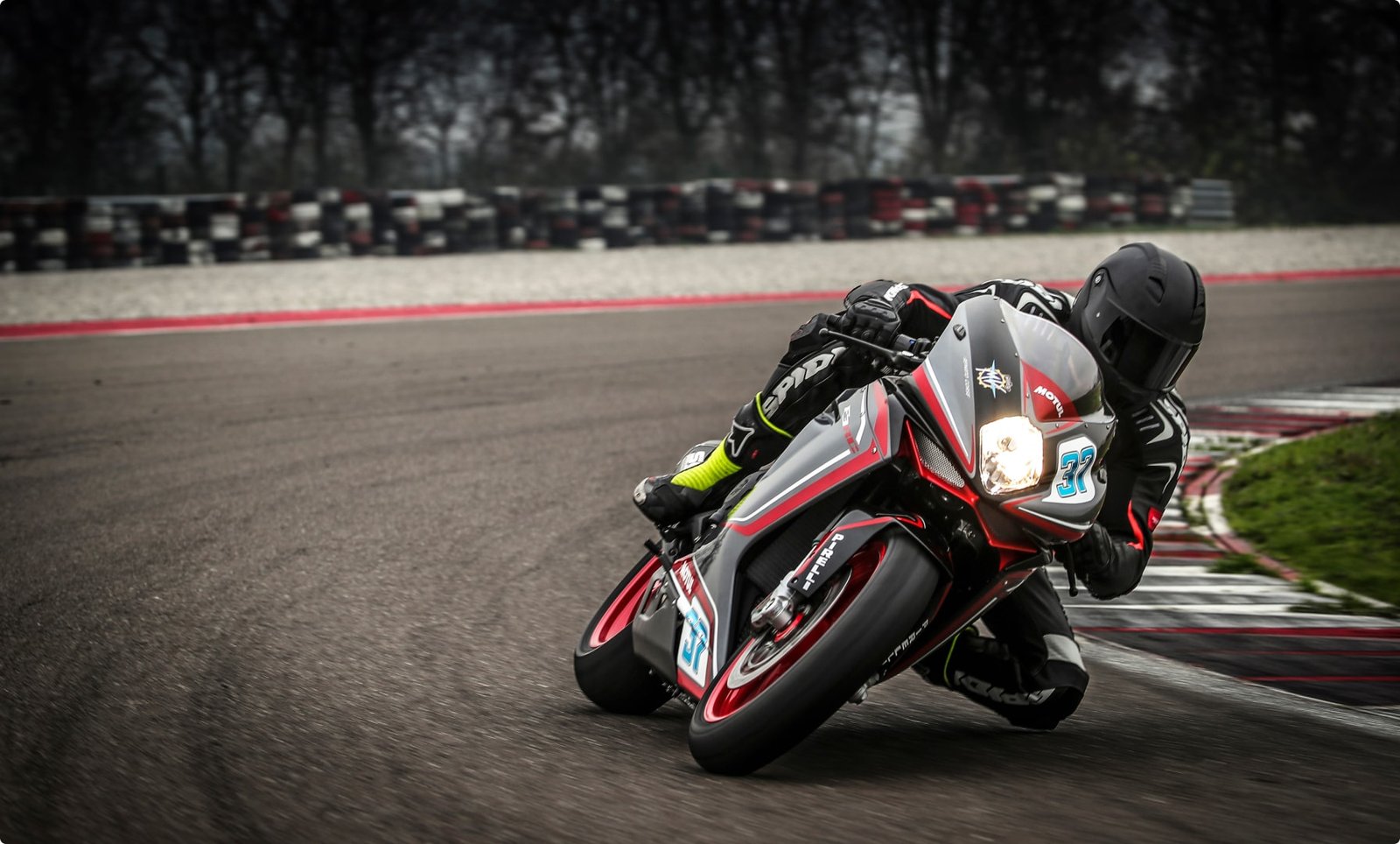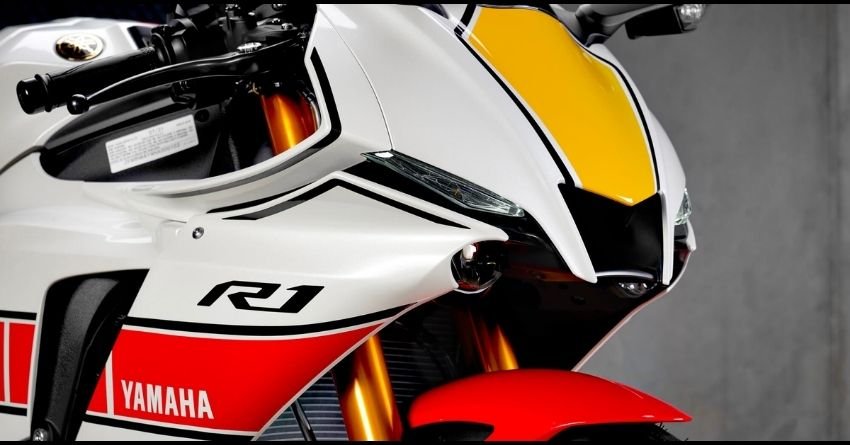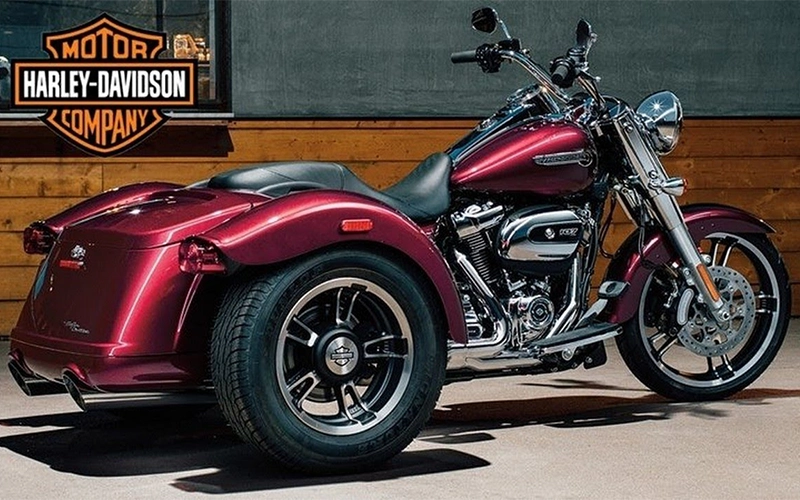Motorcyclists tend to prioritize engine oil, exhausts, or spark plugs when analyzing motorcycle performance. But there is a small device that does a big job in safeguarding and ensuring the smooth running of your engine, known as Air Filters. Suzuki motorcycle air filter is a well-designed component that admits clean air to your engine only; it is not merely a piece of foam or mesh. Without it, your engine could see a reduction in lifespan, damage internal parts, and be less efficient.
All you need to learn about Suzuki air filters will be detailed in this guide, from the numerous types that exist to their lifespan, how to identify a clogged filter, and the best tips to maintain your Suzuki at its optimal performance.
Why Air Filters Are Important for Your Suzuki?
Your motorcycle’s engine needs three things to run: air, fuel, and spark. The air filter’s job is to ensure the air entering the engine is clean and free from contaminants. When your Suzuki air filter is clean and functioning correctly, you’ll enjoy:
- Stronger engine performance
- Better throttle response
- Improved fuel economy
- Reduced wear on pistons, valves, and cylinders
- Longer engine lifespan
Conversely, a clogged or damaged air filter starves the engine of oxygen and causes poor acceleration, poor mileage, and even permanent engine damage.
Types of Suzuki Air Filters
Not all air filters are created equal. Suzuki motorcycles use different types of filters depending on the model, riding, and performance demands. The most common types are:
1. Paper Air Filters
- Most popular OEM option.
- Constructs employing pleated paper substance to hold dust and dirt.
- Low expense and suitable for daily road driving.
- Typically replaced rather than cleaned.
2. Foam Air Filters
- Typical on off-road Suzukis like motocross or enduro machines.
- Cleanable, re-oiled, and reusable many times.
- Great for dusty conditions because foam captures more particles.
3. Cotton Gauze Filters (Performance Filters)
- High-performance reusable filters (typically K&N type).
- Good airflow while still capturing pollutants.
- Must be cleaned and re-oiled from time to time.
- Most popular with riders who want better throttle response and horsepower.
4. Mesh or Metal Filters
- Less universal on Suzuki motorcycles but available as after-market alternatives.
- Built with recyclability and durability in mind.
- Generally directed towards riders who want less airflow restriction.
Each of the air filter types has its own pros and cons. Your choice will be based on your Suzuki model, riding conditions, and whether or not you prioritize performance or convenience.
How Long Do Suzuki Air Filters Last?
Suzuki air filter lifespan depends on the material, riding, and maintenance habits. The following is a general guideline:
- Paper filters: 8,000–12,000 miles to change.
- Foam filters: Clean and re-oil every 3,000–5,000 miles, replace every 10–15 cleanings.
- Cotton gauze filters: Clean every 15,000 miles, up to 50,000 miles with good care.
In dry, dusty, or dirty conditions, riders will have to clean or replace filters more often. Be sure to refer to your owner’s manual for Suzuki-specific guidelines.
Warning Signs Your Suzuki Air Filter Needs to Be Replaced
Not sure if your filter is ready to be replaced? Check for these warning signs:
- Decreased Acceleration: A dirty filter constricts air and makes your bike slow.
- Poor Fuel Economy: If you’re filling up more often, a dirty filter could be to blame.
- Unusual Engine Sounds: Whistling, coughing, or popping noises may indicate airflow issues.
- Black Smoke from Exhaust: Too much fuel, not enough air — a common result of clogged filters.
- Visible Dirt and Debris: Remove the filter and check — if it looks filthy, it’s time for cleaning or replacement.
Maintenance Tips for Suzuki Air Filters
Routine maintenance extends the life of your air filter and keeps your engine protected. Here is what to do for different types:
For Paper Filters:
- Don’t wash. Replace if dirty.
- Tap gently to release loose dust if only slightly dirty.
For Foam Filters:
- Wash with mild soap or filter cleaner.
- Dry completely before applying filter oil.
- Install carefully to seal well.
Cotton Gauze Filters:
- Use specialized cleaning kits.
- Wash, rinse, and dry naturally.
- Apply filter oil evenly before reinstallation.
Pro Tips:
- Always wear gloves when handling oiled filters.
- Inspect seals and housings for cracks or leaks.
- Never ride without a filter installed — even short rides can suck harmful debris into the engine.
OEM vs. Aftermarket Suzuki Air Filters
When it’s time to replace your filter, you’ll find two primary options:
OEM Suzuki Air Filters:
- Designed for perfect fitment and factory-level performance.
- Reliable, but usually more expensive.
Aftermarket Filters (K&N, Uni, etc.):
- Typically re-usable and offer better airflow.
- May offer slight performance gains.
- Require special care (especially oiled filters).
For regular everyday riders, OEM filters are convenient and simple. Performance motorcyclists or riders operating in extreme conditions may utilize aftermarket parts.
How Air Filters Affect Performance?
You might not be aware that a small part such as an air filter can have such a big difference, but performance riders would disagree. A new and clean air filter offers maximum airflow without letting bad particles in. In the case of Suzuki motorcycles, this means:
- Enhanced combustion efficiency
- Enhanced horsepower in performance versions
- Less engine stress on long rides
- Smother and more responsive throttle action
Neglecting your air filter, on the other hand, chokes your engine and undermines every other upgrade you’ve invested in.
Conclusion
Although they might not be the most visually appealing component of your motorcycle, air filters are among the most crucial. Knowing the various kinds of Suzuki air filters, how long they last, and how to clean them will guarantee that your bike operates dependably, effectively, and safely.
Your air filter is your protection against engine wear no matter where you ride on city roads, highways, or off-road trails. Inspect your air filter regularly, replace it when it’s time, and ride every day with assurance rather than waiting for your Suzuki to wheeze.
Need an air filter for your Suzuki?
We carry a comprehensive range of OEM and aftermarket Suzuki air filters with guaranteed fitment at AliWheels. Order now and have your vehicle running clean, powerful, and strong.










